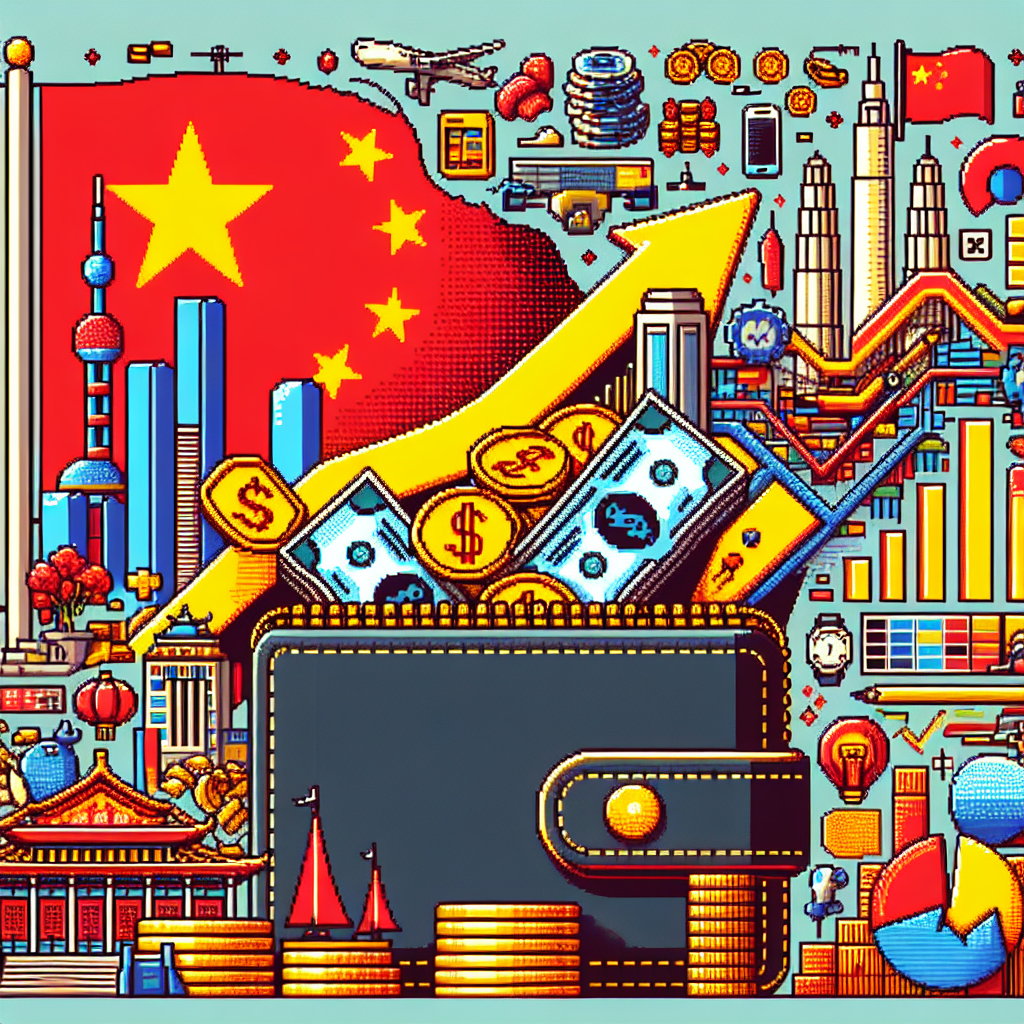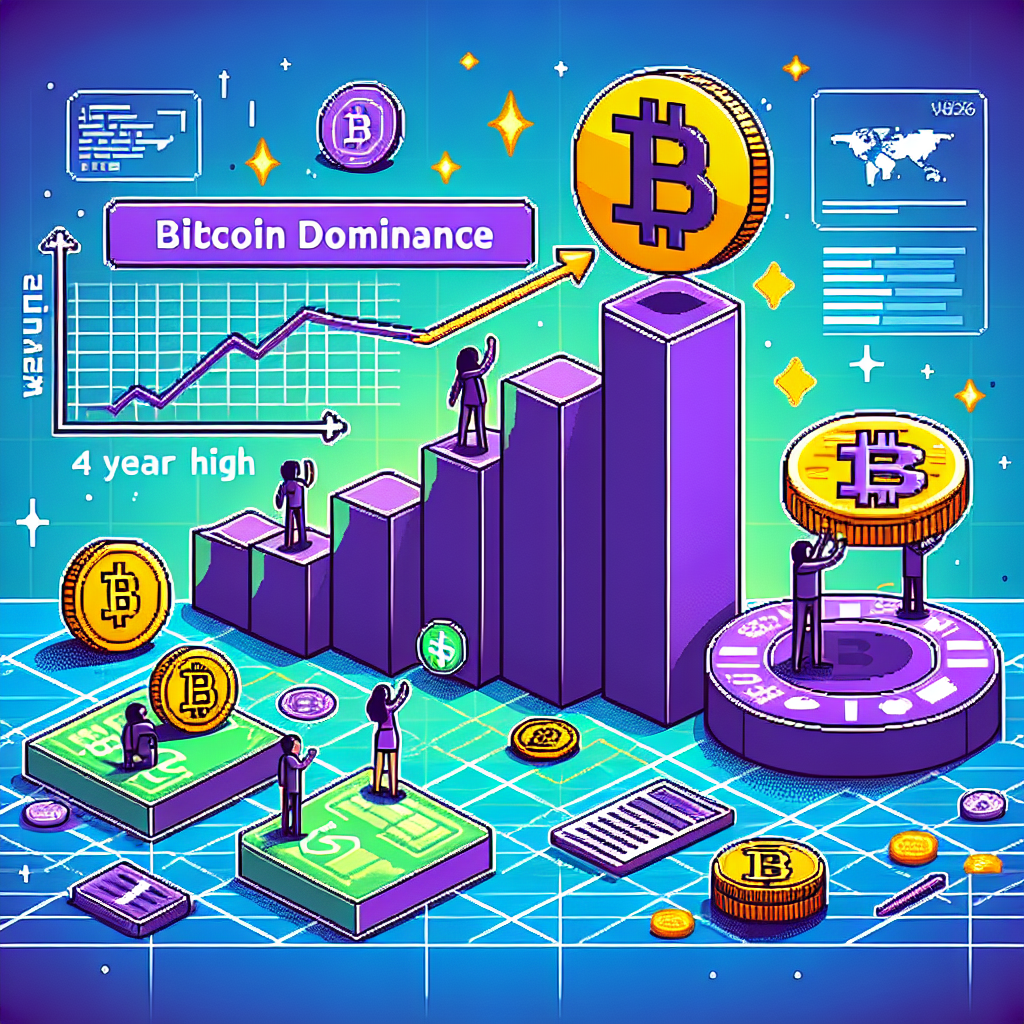Stock markets lurch on false Trump tariff pause report - Axios | Analysis by Brian Moineau
Title: The Stock Market Tango: Dancing to the Tune of Fake News
Welcome to the world of stock markets, where the only constant is change—and sometimes confusion. In a recent twist, the stock market took a rollercoaster ride, all thanks to a report about a pause in Trump's tariffs that turned out to be as genuine as a three-dollar bill. According to Axios, this latest episode of "Market Mayhem" was sparked by a false report claiming a halt in tariffs, which the White House swiftly dismissed as "fake news" in a statement to CNBC.
The Anatomy of Market Volatility
Let's take a moment to dissect this. The stock market is a complex beast, influenced by a myriad of factors from economic indicators to geopolitical events. But perhaps one of its most peculiar quirks is its susceptibility to news—both real and imagined. This incident serves as a reminder of how the mere whisper of policy change can send traders into a frenzy, much like a cat spotting a laser pointer.
A Trump Card in the Market Game
Donald Trump, former President of the United States, has long been a polarizing figure, not just in politics but also in economics. His tenure was marked by a series of tariffs, particularly targeting China, which sent ripples through global markets. While some applauded these measures as necessary for protecting American industries, others criticized them for sparking trade wars and market instability. The recent false report of a tariff pause highlights how Trump's policies continue to cast a long shadow over market behavior, even after his presidency.
Global Connections: When Markets Sneezed
This isn't the first time markets have reacted dramatically to news. In fact, it's reminiscent of the "Taper Tantrum" of 2013, when mere hints of the Federal Reserve dialing back its bond-buying program sent shockwaves through financial markets worldwide. Similarly, in our interconnected global economy, a hiccup in one part of the world can trigger a sneeze everywhere else. This underscores the interconnectedness of modern markets and the importance of reliable information.
The Role of Media: A Double-Edged Sword
In today's digital age, the media wields significant power. With a single tweet or headline capable of moving markets, the responsibility for accuracy is immense. Yet, as this incident shows, misinformation can spread like wildfire, with the potential to cause real-world consequences. This calls to mind the age-old adage: trust, but verify. Investors and consumers alike must remain vigilant and discerning, sifting through the noise to find the truth.
Final Thoughts: Navigating the Noise
As we navigate the ever-changing landscape of global markets, it's crucial to maintain a level head and a healthy dose of skepticism. While the stock market's reaction to the false tariff pause report serves as a cautionary tale, it's also a testament to the dynamic nature of finance. In the end, markets will continue to ebb and flow, influenced by a complex web of factors. The key is to remain informed, adaptable, and perhaps most importantly, to take a deep breath and remember that not all headlines are what they seem.
In the words of Warren Buffett, "The stock market is designed to transfer money from the Active to the Patient." So, let's embrace the ride, stay patient, and keep our eyes on the long-term horizon. After all, in the world of stocks, it's often the tortoise, not the hare, that wins the race.
Read more about AI in Business


